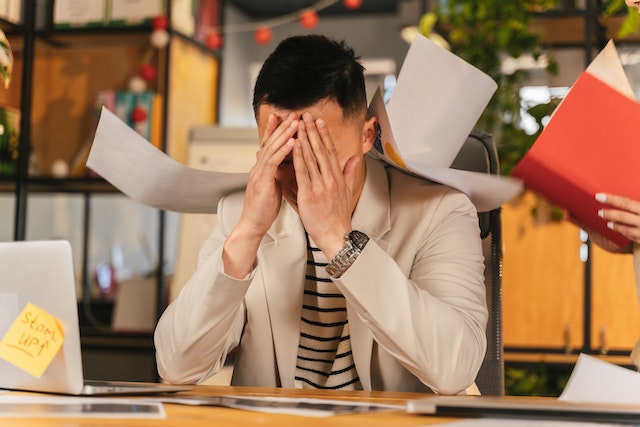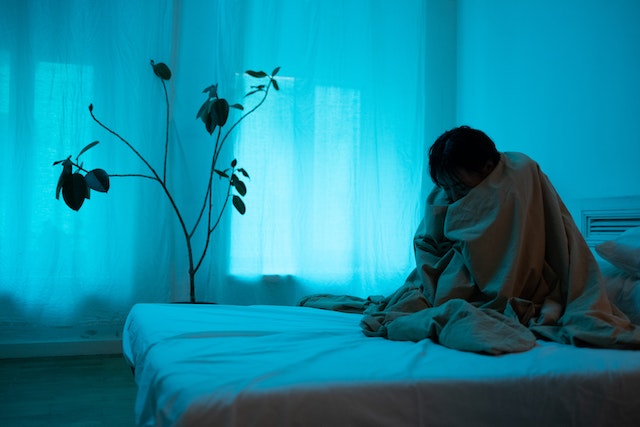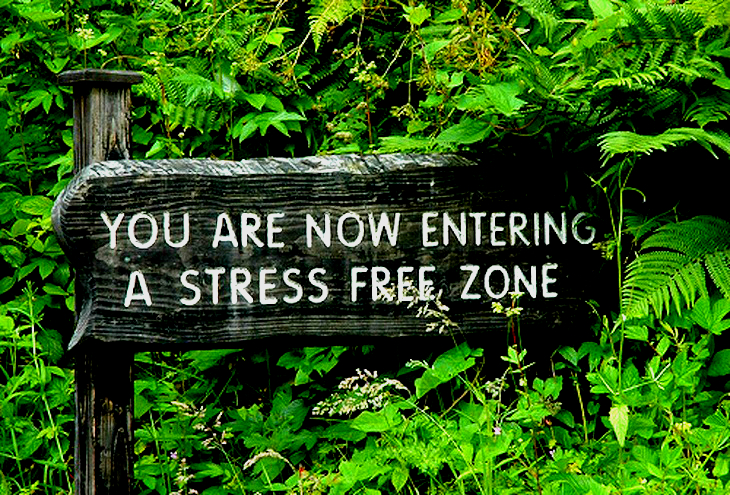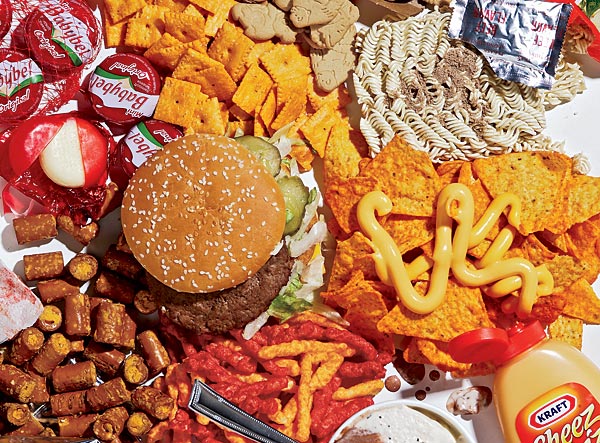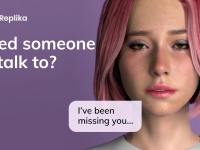
The Dark Side of Social Media: How It Can Cause Depression
Social media has become an integral part of our daily lives, but it can also have negative effects on our mental health. Research has shown that social media use can lead to depression, anxiety, and other mental health issues. In this article, we will explore the five ways that social media can cause depression and provide examples and symptoms of each.

1. Social Comparison
Social media is a platform that allows people to share their lives with others, but often this sharing is carefully curated to present an idealized version of themselves. People tend to share the best aspects of their lives, whether it’s their latest vacation or their perfect family photos, which can create an illusion of perfection. This can lead to social comparison, where people compare themselves to others and feel like they don’t measure up.
When people constantly compare themselves to the idealized versions of others, it can lead to negative self-esteem and depression. The constant stream of perfect posts can make people feel like they are not living up to the same standards, and that they are missing out on something. This is known as the “compare and despair” syndrome.
Social media users may also feel a sense of envy when they see other people’s idealized lives. They may feel envious of their friend’s job, their perfect relationship, or their expensive lifestyle. This envy can lead to feelings of inadequacy, and ultimately, depression.
Moreover, social media can create a distorted view of reality, leading to feelings of inadequacy and despair. When people see only the best aspects of other people’s lives, it can be easy to forget that these are only snippets and that everyone has their struggles. This can lead to a sense of isolation and feeling like they are the only ones struggling.
Symptoms of social comparison can include:
- Feeling inadequate or inferior compared to others on social media
- Obsessively checking social media to see what others are doing
- Feeling jealous or envious of others on social media
For example, seeing photos of your friends on a luxurious vacation or with a perfect partner can lead to feelings of inadequacy and low self-esteem.

2. Cyberbullying
Cyberbullying is a growing issue in today’s digital age and social media platforms provide an easy and anonymous way for individuals to engage in this harmful behavior. Cyberbullying involves using electronic communication to harass, intimidate, or spread false information about someone online. The anonymity provided by social media can make it easier for people to bully others without facing any consequences.
Social media provides bullies with a wide range of potential targets, and their victims can be anyone, regardless of age, gender, or status. Studies have shown that cyberbullying can have a detrimental impact on an individual’s mental health, particularly when it comes to depression.
The effects of cyberbullying can lead to depression in several ways. Firstly, it can cause feelings of shame, guilt, and low self-esteem. These feelings can contribute to a negative self-image, leading to a decrease in self-worth, and ultimately, depression.
Secondly, cyberbullying can lead to a sense of social isolation and exclusion. When someone is bullied online, it can feel like the whole world is against them, and they may feel that they have no one to turn to for support. This feeling of loneliness and isolation can contribute to depression.
Finally, the constant exposure to negative and hurtful comments can lead to anxiety and depression. The repeated exposure to negative comments can create a sense of hopelessness, leading to feelings of helplessness, and ultimately, depression.
Symptoms of cyberbullying can include:
- Feeling anxious or afraid of checking social media
- Avoiding social media altogether
- Feeling ashamed or embarrassed about the cyberbullying
For example, receiving hurtful comments or messages on social media can lead to feelings of worthlessness and depression.

3. Fear of Missing Out (FOMO)
Social media has become a platform for people to share their experiences, whether it is a new restaurant, a vacation spot, or even a new job. As a result, it has created a sense of social pressure to participate in activities or events that others are doing. This phenomenon is known as the “Fear of Missing Out” or FOMO.
FOMO is a common issue associated with social media, particularly among younger generations. It refers to the feeling of anxiety or unease that one is missing out on something important or exciting that others are experiencing. Social media can create a constant stream of updates and events, making it challenging to stay on top of what is happening in the lives of others.
Symptoms of FOMO can include:
- Constantly checking social media to see what others are doing
- Feeling anxious or stressed when missing out on events or activities
- Feeling like you are not living up to your potential
For example, seeing photos of your friends at a party that you were not invited to can lead to feelings of loneliness and social isolation.

4. Addiction
Social media addiction is a growing concern among mental health professionals. Studies have found that excessive social media use can release dopamine, a neurotransmitter associated with pleasure and reward, in the brain. This can create a cycle of dependency, where individuals feel compelled to use social media to experience that pleasurable feeling.
The addiction to social media can lead to depression and other mental health issues in several ways. Firstly, excessive use of social media can disrupt normal social interactions and lead to feelings of isolation and loneliness, which can contribute to depression. Secondly, it can lead to a decrease in motivation and productivity, as users become increasingly preoccupied with their social media accounts. This can also lead to a negative impact on personal relationships, as users become more absorbed in their virtual lives than their real ones.
Addiction to social media can cause:
- Withdrawal symptoms when not using social media
- Decreased motivation and productivity
- Negative impact on personal relationships
For example, spending hours scrolling through social media can lead to neglect of other responsibilities and relationships.
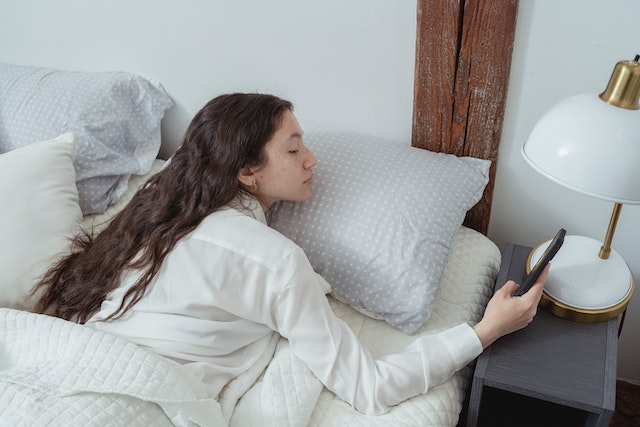
5. Sleep Disturbances
Social media use can also disrupt sleep patterns, which can have negative effects on mental health. The blue light emitted by electronic devices, including smartphones and laptops, can suppress the production of melatonin, a hormone that regulates sleep. This can make it harder to fall asleep and stay asleep, leading to sleep deprivation.
Sleep deprivation can cause a range of mental health issues, including depression, anxiety, and irritability. When people don’t get enough sleep, it can affect their mood, their ability to concentrate, and their overall sense of well-being. Studies have shown that sleep deprivation can even affect physical health, increasing the risk of heart disease, stroke, and diabetes.
Moreover, social media use can disrupt sleep patterns in other ways. For example, people may stay up late scrolling through their social media feeds, causing them to miss out on valuable sleep time. Or, they may wake up in the middle of the night to check their notifications, which can disrupt their sleep cycle.
In addition, social media can cause stress and anxiety, which can also disrupt sleep patterns. People may feel pressure to constantly check their social media feeds or respond to messages, even late at night, which can cause stress and anxiety. This can make it difficult to relax and fall asleep.
To prevent social media from disrupting sleep patterns, it is important to establish healthy sleep habits. This includes avoiding the use of electronic devices before bedtime, creating a relaxing sleep environment, and establishing a regular sleep schedule. Social media users should also consider taking a break from social media to reduce stress and improve sleep quality.
Symptoms of sleep disturbances can include:
- Difficulty falling or staying asleep
- Feeling tired or groggy during the day
- Difficulty concentrating or making decisions
For example, staying up late scrolling through social media can disrupt your sleep patterns and leave you feeling exhausted and depressed.
Social media has become a ubiquitous part of our daily lives, but it can also have negative effects on our mental health. The five ways that social media can cause depression include social comparison, cyberbullying, fear of missing out, addiction, and sleep disturbances. It is important to recognize these symptoms and take steps to minimize the negative effects of social media use. This may include limiting social media use, seeking professional help, or participating in other activities that promote positive mental health.



















